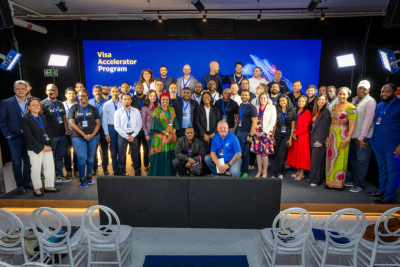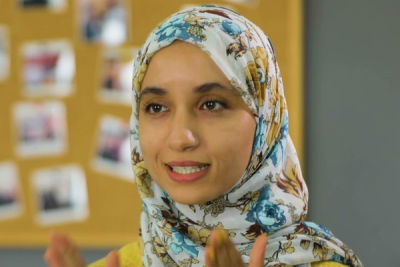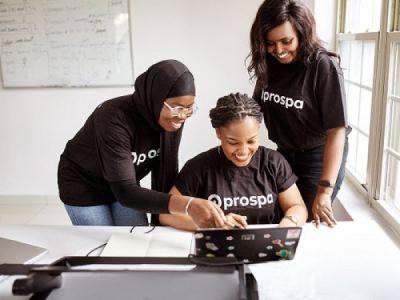In launching the ACTS AI Institute, Africa is making a clear statement: the future of AI on the continent will not be outsourced. It will be developed by Africans, for Africans—rooted in local values, driven by local needs, and shaped through global collaboration.
The African Centre for Technology Studies (ACTS) has launched the ACTS AI Institute (ACAII), an initiative aimed at advancing responsible, African-centered AI research, innovation, and governance. Positioned as a continental hub for ethical and inclusive AI, the Institute seeks to empower local communities, drive sustainable development, and ensure that AI technologies reflect Africa’s unique values and priorities.
For the Executive Director of ACTS, Prof. Tom Peter Migun Ogada, “The Institute builds on the experience and network consolidated over a period of five years, since ACTS started implementing projects related to development and deployment of responsible AI solutions and related policies. This launch is therefore meant to enable us to do what we have been doing better, with a wider mandate across the continent.”
Backed by the AI for Development (AI4D) program—with support from the International Development Research Centre (IDRC), the UK’s Foreign, Commonwealth & Development Office (FCDO), and the Swedish International Development Cooperation Agency (SIDA)—ACAII builds on a foundation laid by the AI4D Scholarship Program. This initiative has already enabled researchers from historically underrepresented communities to design and scale AI solutions tailored to African contexts.
At the heart of the Institute’s mission are five strategic pillars: responsible AI solutions, AI policy and governance, AI and jobs, capacity building, and data science. Through these, ACAII aims to address critical challenges across agriculture, healthcare, education, and climate resilience. For example, the Institute is developing AI-driven weather prediction models and crop yield tools that can assist Africa’s 60% smallholder farmers, as well as telemedicine platforms that expand access to healthcare in remote communities.
The Institute also sees AI as a vehicle for economic inclusion and transformation. By exploring labor market trends and encouraging AI-driven entrepreneurship, ACAII aims to equip young Africans with the tools to create new industries and jobs, rather than be displaced by automation.
This people-first approach is echoed in ACAII’s dedication to education and training. The Institute is actively working with African policymakers, researchers, and educators to develop curricula and training programs that will build long-term human capacity in AI governance, ethics, and development.
To ensure its impact is felt across the continent, ACAII is building a wide coalition of partners—from government and academia to civil society, the private sector, and the media. This ecosystem approach is key to scaling innovations responsibly and ensuring the benefits of AI reach those often left behind by previous waves of technological change.
Despite growing interest in AI, Africa still lags in global AI development. The Oxford Insights Government AI Readiness Index (2022 edition) reported that Sub-Saharan Africa’s average score was approximately 29.4, which is significantly below the global average of 44.6.
ACAII is actively working to close these gaps by developing Africanized AI policy frameworks, ethical standards, and localized toolkits to support responsible scaling.
Hikmatu Bilali



















